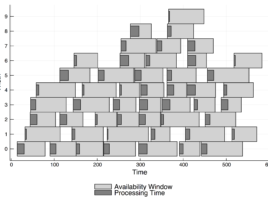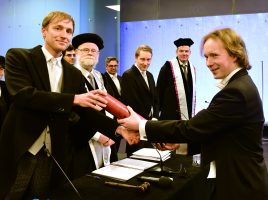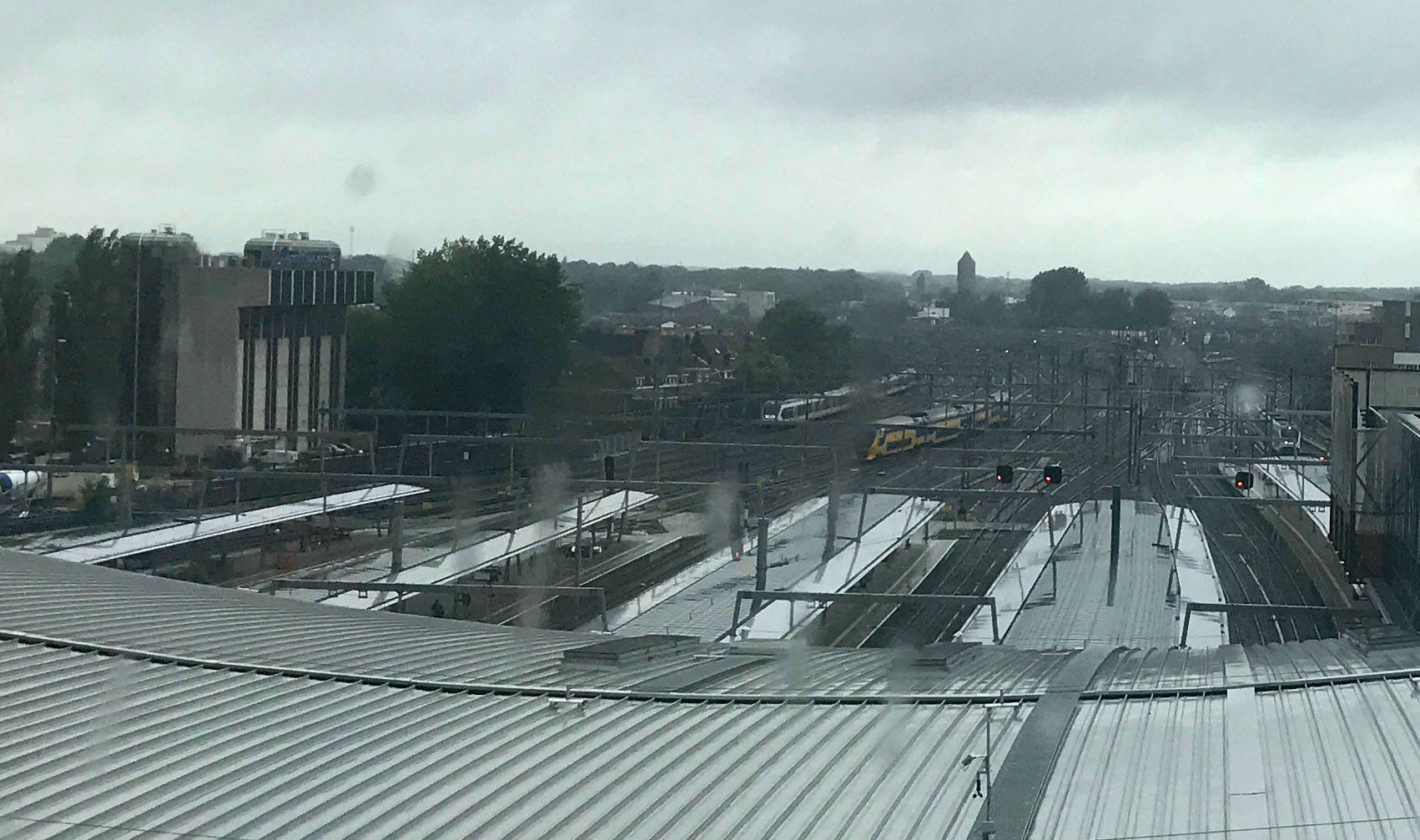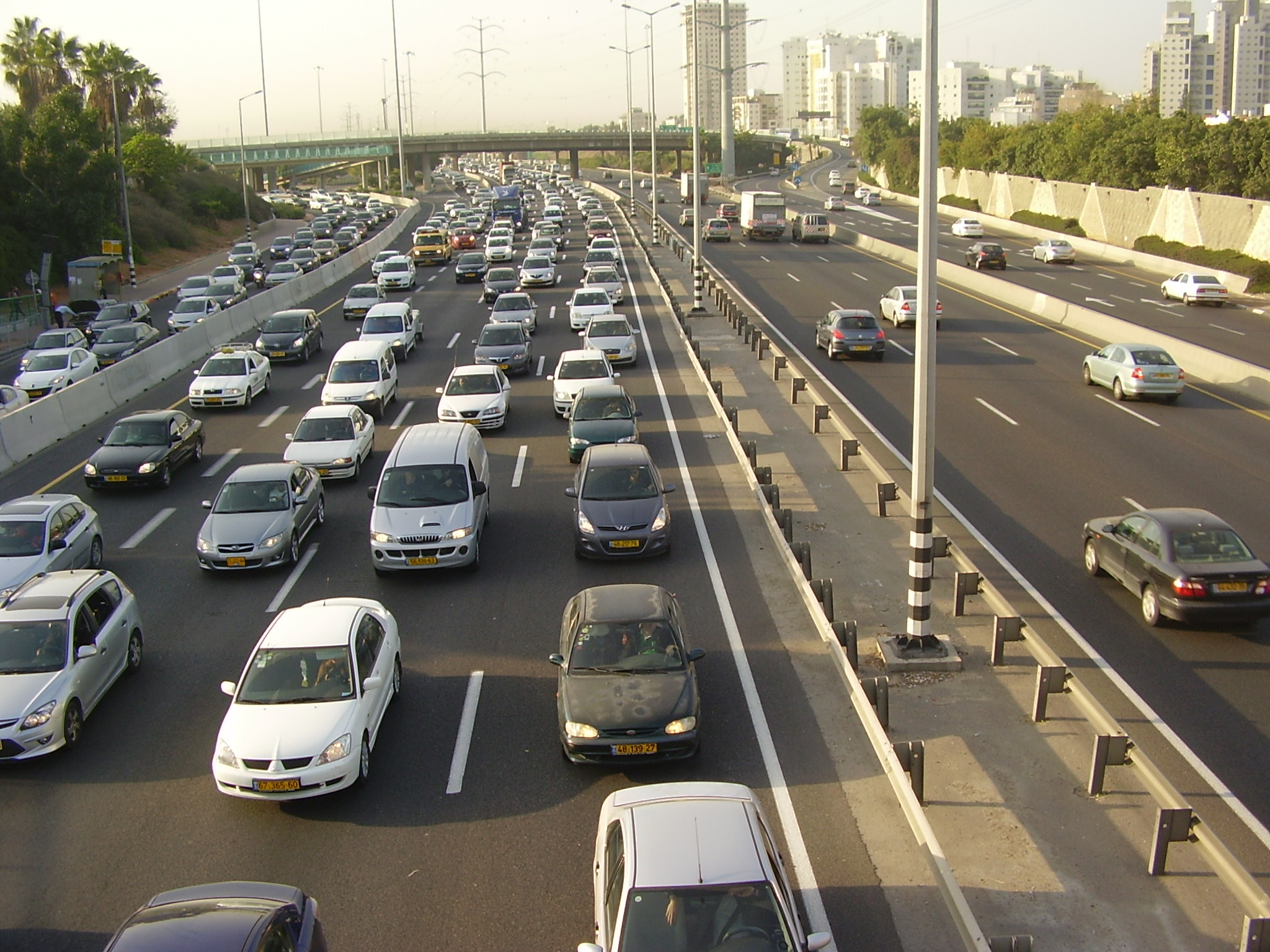
Reinforcement Learning in the Wind
Deep reinforcement learning is an AI technique for choosing how to act in different situations repeatedly occurring over time. It has shown tremendous success in playing games, such as ATARI video games, chess, Go, and StarCraft, going as far as beating professional human players. While games present certain interesting scientific …





